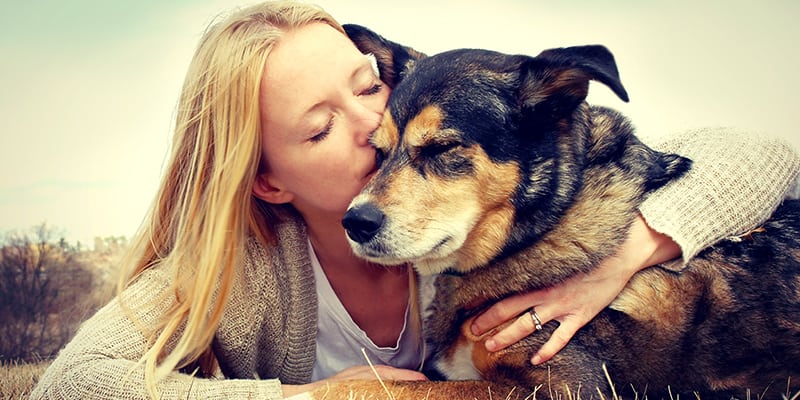Cat & Dog Surgeries in Orland Park, IL
Your pet needs to undergo surgery. What can you expect? Whether your pet has an injury, needs preventative care or has a hereditary condition requiring correction, our skilled veterinarians and technicians in Orland Park are highly trained and capable of performing various cat and dog surgeries to address their needs. We utilize the most reliable, up-to-date surgical equipment, instruments, and safety protocols to ensure the safety of each patient, and always perform preliminary exams and diagnostics to minimize risk during veterinary surgery. To schedule your pet’s surgery, call us at (708) 478-7788.

Our Surgical Services
To accommodate our patients as much as possible, we offer a wide range of surgical procedures to improve your pet’s quality of life. These include:
- Spay and neuter
- Oral surgery
- Laser surgery
- Foreign body removal
- Growth removal
- Bladder stone removal (cystotomy)
- Cranial Cruciate Ligament (CCL) repair
- Femoral Head Ostectomy (FHO)
- Tibial Tuberosity Advancement (TTA)
- Tibial Plateau-Leveling Osteotomy (TPLO)
- Fracture repair
- Patellar Luxation
- C-sections
- Laparoscopic procedures
- Ovariohysterectomy (spay)
- Cryptorchid (undescended testicle) castration
- Gastropexy (prevents stomach flipping)
- Liver biopsy
Laparoscopic Surgery and How It Benefits Your Pet
Laparoscopic surgery is less invasive than traditional surgery, requiring a smaller incision and resulting in less pain for the patient. A tiny camera is inserted through the small incision to allow the veterinarian to better visualize the internal organs and perform the procedure with greater precision and less tissue handling.
Pets that have undergone laparoscopic surgery recover faster and can return to normal activities much sooner. We’re pleased to offer this state-of-the-art service so your pet can receive the best possible care before, during, and after their surgery.
Laser Surgery
Unlike traditional cat or dog surgery, laser surgery is cleaner, more precise, and facilitates a faster, less painful recovery for pets. The surgical laser cauterizes as it cuts, sealing off blood vessels and nerve endings. This surgical method is especially useful for mass removals and other soft tissue procedures that could benefit from the laser’s cauterizing properties.
From soft tissue to orthopedic surgery, our veterinarians can accommodate patients with a wide variety of needs. We know that having your pet undergo surgery can be very stressful, regardless of the safety measures implemented. After all, they are your best friend. As pet owners ourselves, our team understands this, and you can be assured that we will answer any questions you have about the procedure and how to care for your pet during their recovery. Just give us a call at (708) 478-7788.

Surgery FAQ
Prior to surgery we require that patients are up to date on their vaccines including rabies, dhpp, bordetella, influenza and have a negative fecal test within the last year. Please make a technician or doctor appointment to update vaccines at least a week before your surgery date. Also, doctors recommend pre-surgical bloodwork before anesthesia. This testing includes a CBC and chemistry panel to check your pets body function. This is the best indication on your pets health prior to surgery. This bloodwork can also be done at a technician appointment within 30 days of your surgery appointment. The night before surgery we require you withhold food and water after 10pm. We will send you a reminder prior to surgery to confirm your surgery date.
We will have you check in for surgery admission at your designated time between 6:30-9am. Our team will get you started on surgical paperwork. During your surgery check in, our technician will answer any additional questions you might have before bringing your pet back to our treatment area. The surgery doctor will evaluate your pet and create an anesthesia protocol. This consists of a pre-medication (usually a combination of pain control + sedation), and induction agent.
Your pet is monitored just like you would be under anesthesia! All vitals are constantly being monitored by a dedicated anesthesia technician including heart rate, ECG, pulse oximetry, respiratory rate, blood pressure, and temperature.
This depends on the procedure. For instance, with a spay or neuter they might be under for about 30 minutes, but for a more complicated surgery, they could be under for longer.
In most cases your pet will need to wear an e-collar to prevent any licking/chewing at the surgical site.
For routine surgeries (spay, neuter, dental…) your pet will stay with us until late afternoon/early evening. It is important that your pet be monitored by our technicians and doctors. During post-op we will be managing pain levels, body temperature and monitoring vitals until recovery is complete and your pet is ready to go home.

